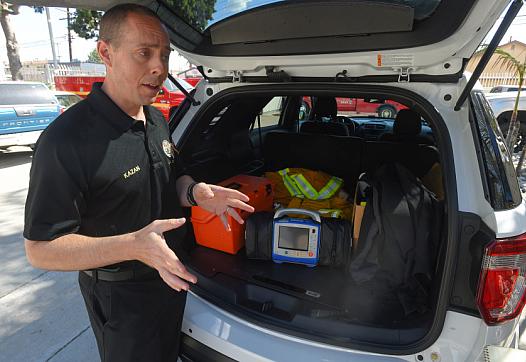
A Los Angeles County Fire Department pilot project is testing out a a mobile integrated health care unit. The goal is to see if a “healthcare on wheels” model can help alleviate crowded emergency departments

A Los Angeles County Fire Department pilot project is testing out a a mobile integrated health care unit. The goal is to see if a “healthcare on wheels” model can help alleviate crowded emergency departments
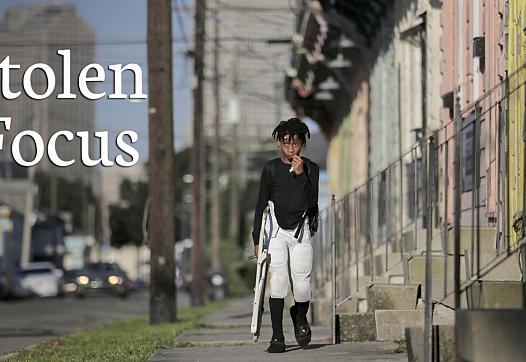
Trauma can have a devastating impact on a child’s education. So why have some New Orleans schools failed to address the problem?
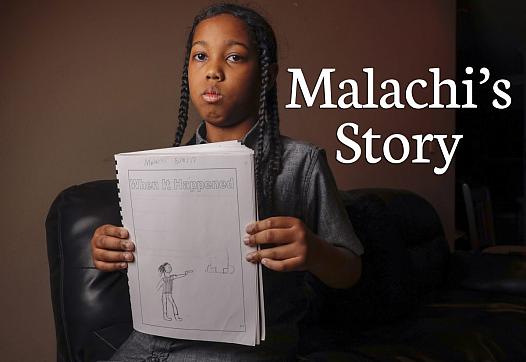
"He was showing the same symptoms as somebody that was in the middle of a war."
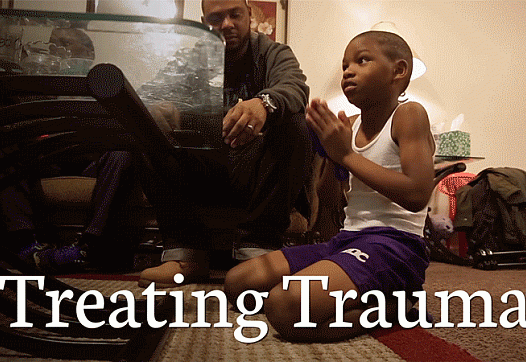
Rates of PTSD soar among Central City children, yet state budget cuts prevent access to mental health care.
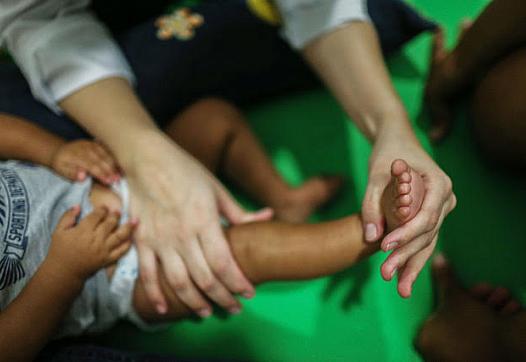
How OTs who work with children could do more to screen moms for depression and get them help during kids' appointments.
![[Photo by taylormackenzie via Flickr.]](/sites/default/files/styles/teaser_list_thumbnail_large/public/title_images/unnamed%20%281%29_32.jpg?itok=c3ss99AL)
Psychologist Suniya Luthar finds an all-too-common pattern: Mothers dismiss their own emotional distress, prioritizing the needs of others over their own.
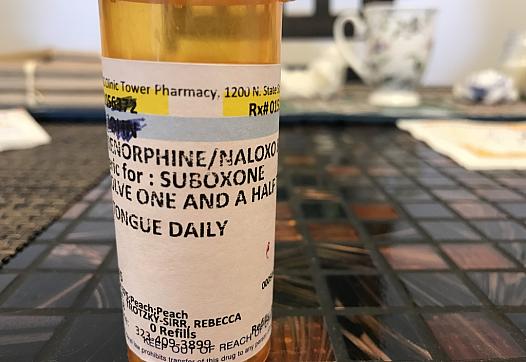
Momentum is building to get emergency departments to play a bigger role in stemming the epidemic.

Over the course of a week in March, Los Angeles stand-up comic and life coach Kate Romero opened up to KPCC about the pain she feels from degenerative disc disease and fibromyalgia.
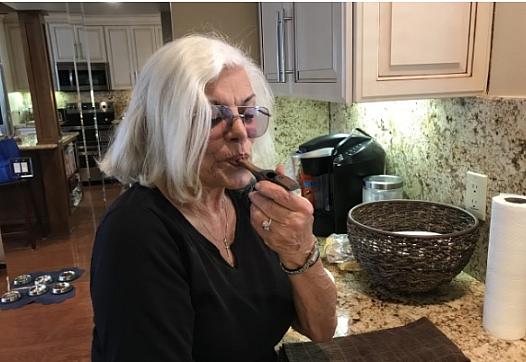
Some seniors there now say they are looking for ways to take as few prescription drugs as possible. And many are turning to cannabis as an alternative.
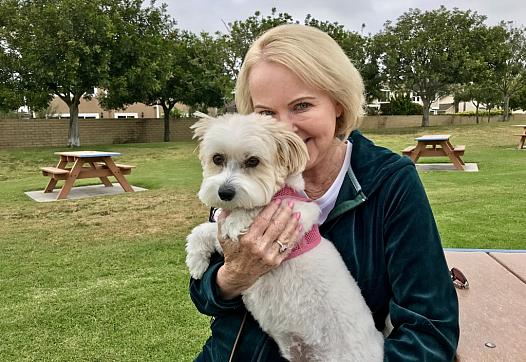
"We are overreacting to the need to lower opioid prescribing by punishing patients," says Dr. Kelly Pfeifer.